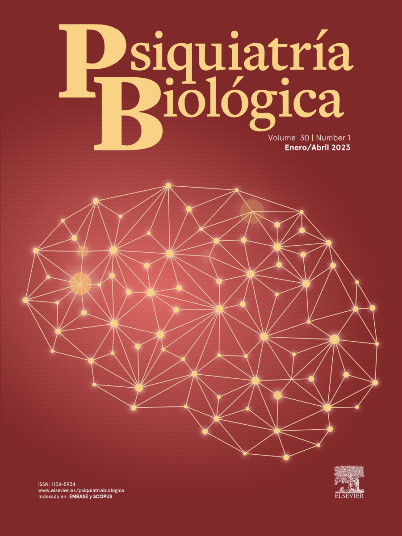La función cognitiva ha suscitado un especial interés por el potencial papel que puede desempeñar en el funcionamiento cotidiano en los pacientes con trastorno bipolar (TB). Hoy en día sabemos que las alteraciones cognitivas pueden estar presentes desde el inicio de la enfermedad. Los diferentes tratamientos farmacológicos que reciben los pacientes pueden no estar exentos de efectos cognitivos, tanto desde un punto de vista positivo como negativo. Nos proponemos revisar los efectos cognitivos relacionados con los principales tratamientos antipsicóticos prescritos a pacientes con TB. Se han llevado a cabo muy pocos estudios con esta población específicamente, proviniendo la mayoría de los datos del campo de la esquizofrenia y, en algunos casos, de estudios con población sana. Con los datos existentes no podemos concluir que un antipsicótico atípico sea superior a otro en cuanto a su perfil cognitivo. En la práctica clínica, del mismo modo que se contemplan los posibles efectos adversos asociados a un fármaco a la hora de prescribirlo, el clínico debería también tener en cuenta el perfil cognitivo asociado a cada uno de ellos.
Cognitive function has received particular interest due its potential impact on the daily functioning of patients with bipolar disorder. It is currently well known that cognitive disorders could be present from the onset of the illness. The various pharmacological treatments that patients receive may not be free of neuropsychological side effects, from both positive and negative points of view. The cognitive side effects that are associated with the most commonly prescribed antipsychotic drugs to patients with bipolar disorder are then reviewed. Very few studies have been conducted specifically with this population, with most data coming from research into schizophrenia and, in some cases, from studies on healthy subjects. At present, we cannot conclude that an atypical antipsychotic is better than others with regard to its cognitive profile. In clinical practice, when prescribing a specific drug, clinicians should take its cognitive profile into consideration in the same way that its potential adverse effects are considered.






